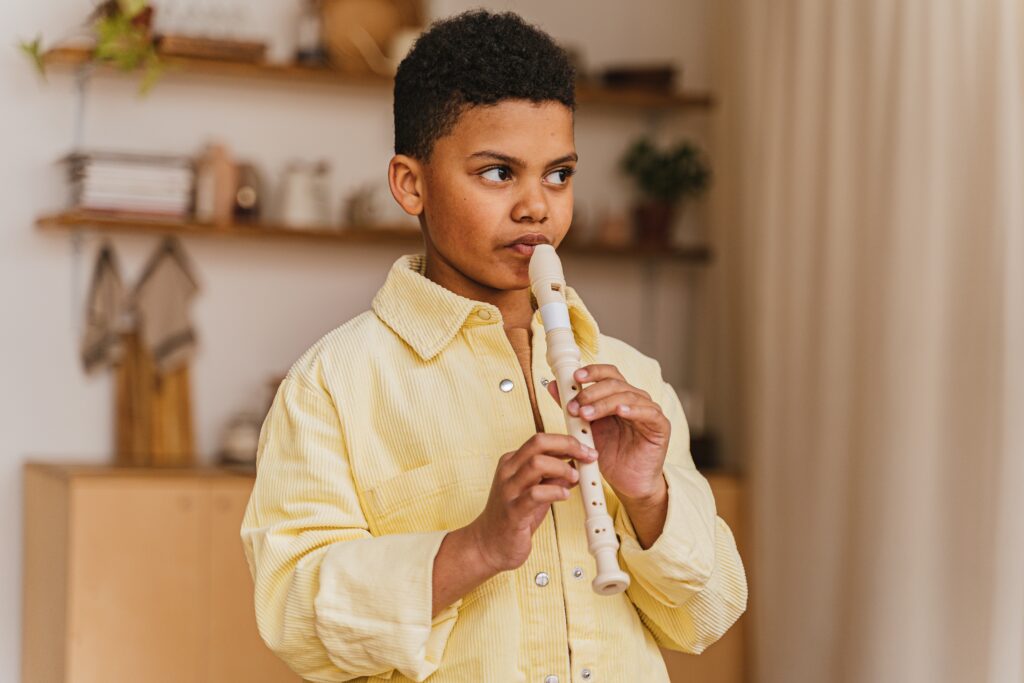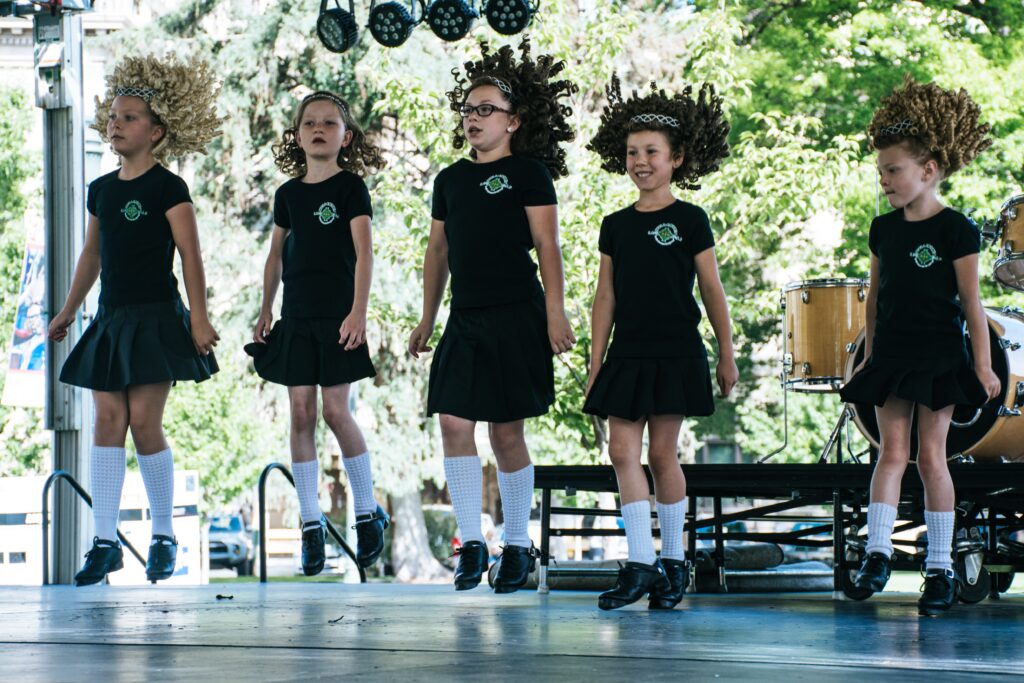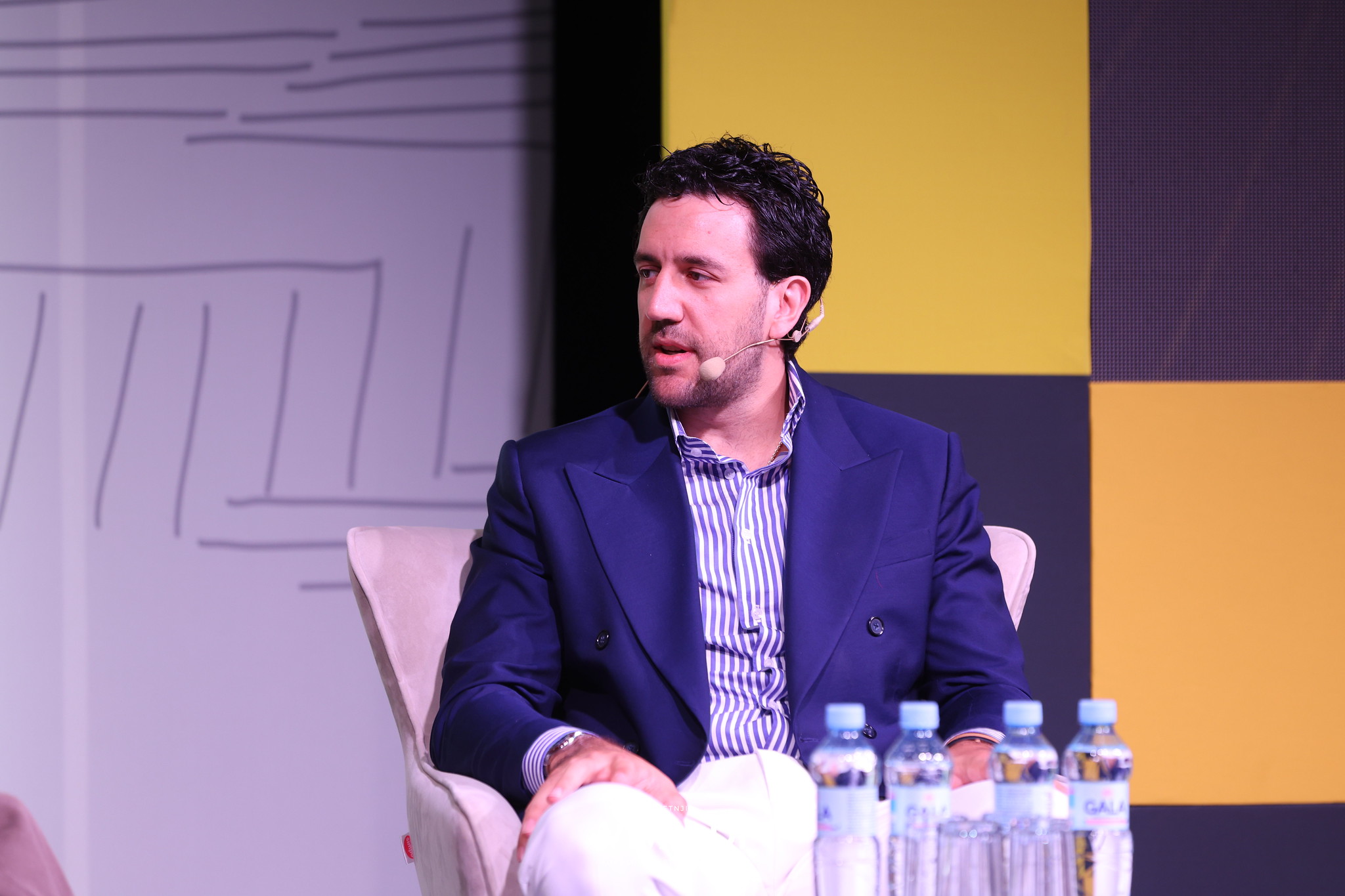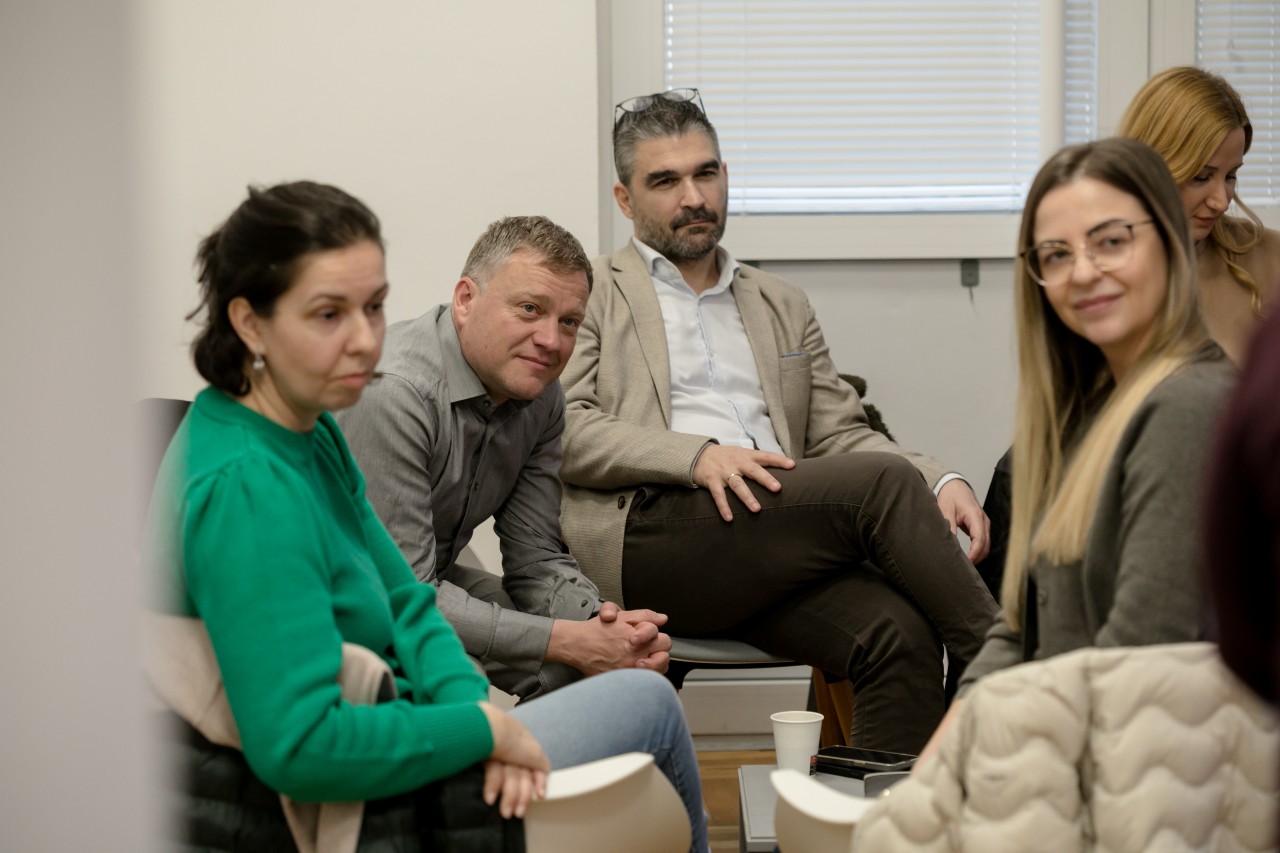Mental and emotional health affects many milestones of development in young children. Mentally healthy children not only have happier lives overall, but they are also better able to learn appropriate social skills, deal with their emotions, and function better within society when they become adults.
Many children are faced with difficult circumstances that affect their mental health, such as experiencing abuse or neglect, being born to parents struggling with addiction, or inheriting a genetic disorder. However, even children with “normal” childhoods can struggle with their mental and emotional health.
Prioritizing mental health and emotional wellness from a young age is critical for setting children up for a happy, successful life. One tool that can be used to help all preschool children boost their mental and emotional health is music. Music therapy has many benefits for young children with almost no associated risks.
How Music Affects the Brain
Research has shown that music activates and stimulates the brain in several beneficial ways. It can cause the release of dopamine, the neurotransmitter that boosts feelings of well-being. Music also activates the limbic system, which is responsible for functions such as memory and emotional processing.

Because of our evolutionary emotional response to music, consistent exposure at a young age can have powerful emotional-social benefits.
By activating the brain in specific ways, music has been known to provide a healing or therapeutic effect for medical conditions originating in the brain. Music therapy has been known to help patients with stroke recovery, Parkinson’s disease, epilepsy, depression, and more. Those with memory problems (such as Alzheimer’s patients) can often still recall musical memories after other memories have faded. It has also been used therapeutically for people with autism spectrum disorders.
Although more research is needed on the science of music and mental health, it’s already clear that the benefits on the brain are significant and the application of music therapy is highly versatile. Almost anyone, of any age, can benefit from listening to music.
Music Can Help Preschoolers Calm Down
Young children are very active. While this is normal and typically healthy, it’s also necessary for children to learn how to regulate their emotions and energy levels as they develop. Music can be an effective tool for helping preschoolers calm down when they are hyperactive or upset and can aid in learning skills like inhibition and planning.
Preschoolers respond well to relaxing, slow, low-pitched music. As anyone who has ever sung a lullaby to a baby knows, this type of music is soothing and calming. It can be an effective tool for both individual children and groups of young kids.
Music Therapy Can Lead to Improved Cognitive Function
Whether they struggle with problems like difficulty pronouncing words, are slow to begin speaking, or have no delays at all, music can be helpful for boosting cognitive function and language acquisition in young children. Music “primes the brain for learning” and helps children learn to read and speak while building their memory and attention.

Music has been shown to reduce stress and anxiety, which promotes well-being and can help children with healthy development.
These cognitive effects are mainly seen when children have active exposure to music, such as learning to play an instrument or taking voice lessons. Because of our evolutionary emotional response to music, consistent exposure at a young age can have powerful emotional-social benefits. It can also help with teaching other age-appropriate subjects, such as science, by linking facts with a melody.
Using Dancing and Singing to Boost Emotional Health
Music therapy can include many different activities, from singing and playing instruments to simply listening to music or dancing. Dancing and singing can boost emotional health, help improve motor skills, and allow for creative, emotional expression.
Preschoolers are at a crucial developmental stage for body and brain health. By linking their emotional response to music with physical movement and learning about safe outlets for expression, music, singing, and dancing can help boost a child’s emotional health.
Reducing Stress & Anxiety and Promoting Well-Being with Music
Many children experience stress and anxiety in their lives. If these problems are not addressed early on, they can worsen over time. Music has been shown to reduce stress and anxiety, which promotes well-being and can help children with healthy development.

Dancing and singing can boost emotional health, help improve motor skills, and allow for creative, emotional expression.
Music is Highly Accessible and Can Help Most Children
Music can be an important component of improving mental and emotional health in children in a non-invasive way. It can help soothe overstimulated kids or those who have trouble regulating their emotions. Although it likely won’t be able to address all of a child’s mental health needs, it can be an important supplemental tool that can provide significant benefits.
The great news about music as a therapeutic tool is that it’s highly accessible and can help most children in meaningful ways. Humans have used music for centuries to express and evoke emotion, connect with others, share stories, and bond. For young children, early exposure to music can make a world of difference in their lives, regardless of the challenges they face.
About the Author: Sarah Daren is a highly experienced consultant in the field of children and young adult education, with an impressive track record of six years in the industry. She has provided consultation services to a diverse range of organizations, including those in the mental health and wellness, nursing, and education sectors. She implements her health knowledge into every aspect of her life, including her position as a yoga instructor and raising her two children.

















